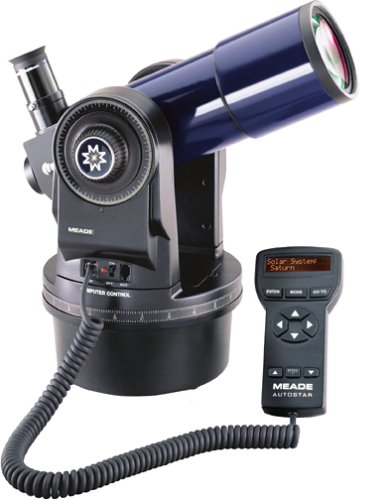ekeup
0
- Joined
- Dec 2, 2011
- Messages
- 93
- Points
- 0
Will a Schmidt-Cassegrain (EDIT: incorrect, this is a refractor) telescope work 'well' as a collimator?
Should I remove the lens from the laser itself prior to installing in the telescope?
Schmidt-Cassegrain (EDIT: incorrect, this is a refractor telescope):

$20 telescope (from garage sale):

I have a better telescope (also SCT), but don't really want to risk damaging it.
Should I remove the lens from the laser itself prior to installing in the telescope?
Schmidt-Cassegrain (EDIT: incorrect, this is a refractor telescope):

$20 telescope (from garage sale):

I have a better telescope (also SCT), but don't really want to risk damaging it.
Last edited:



